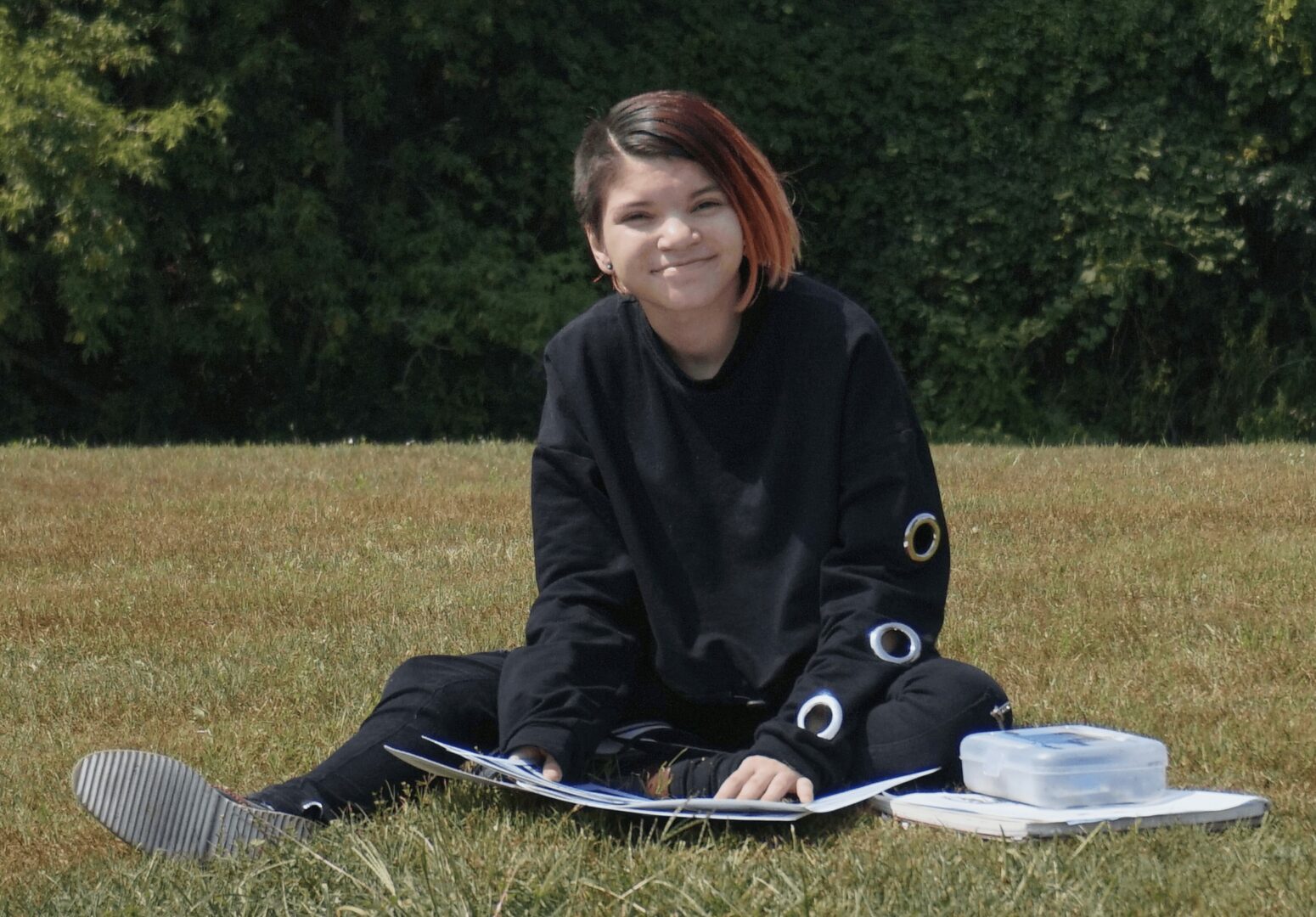We’re excited to introduce you to the always interesting and insightful Theo Ammon. We hope you’ll enjoy our conversation with Theo below.
Theo, thank you so much for taking the time to share your lessons learned with us and we’re sure your wisdom will help many. So, one question that comes up often and that we’re hoping you can shed some light on is keeping creativity alive over long stretches – how do you keep your creativity alive?
I keep my creativity alive by listening, constantly! Every genre right now has people that are inventing, reinventing, and perfecting different sounds, and I try to listen to new music every day or so. If I ever fall into a creative rut I try to switch up my influences for a particular project while keeping the same material, and it usually yields unexpected results. Sometimes bad, sometimes good, but rarely boring.
Thanks, so before we move on maybe you can share a bit more about yourself?
I am a composer for Film, TV, and Ads, and a musician performing in the LA area. I grew up wanting to be a filmmaker– but I wasn’t particularly good at it. However, as I began to progress in guitar and piano composition, I realized I could combine my love for film with my passion for music. I studied orchestral composition and electronic production and graduated from Berklee College of Music with a degree in Film Scoring, and then moved to Los Angeles to work in the music for media industry.
Looking back, what do you think were the three qualities, skills, or areas of knowledge that were most impactful in your journey? What advice do you have for folks who are early in their journey in terms of how they can best develop or improve on these?
The most impactful skill I learned was musical improvisation. Initial technical building blocks and a good practice regiment are very important, but I didn’t develop my personal relationship with music until I learned to improvise. With improvisation, every song can become your own. I think learning blues improvisation is a great entry point, for me it allowed me to play over most songs, and paved the way for appreciating Jazz. This was how I began composing– I would practice improvisation for hours and would get stuck in a certain pattern that I really liked, would try to build on it with a looper. Improvisation forces you to try to hear melodies that aren’t there, and to look at chord changes as opportunities to express something different. I’m not the best improviser out there, but I have my own voice and I get more out of it than I put in.
After this, I’d say learning the theory behind everything is really important. It is good to remember that music theory isn’t necessarily a set of rules, and something that is interesting theoretically isn’t necessarily good. Theory does, though, help you learn how to best fit your ideas together, and how to break the rules. Personally, I like jazz theory, but classical tonal harmony and counterpoint are valid especially for explaining the music of that time.
Lastly, I think a student composer should try to write for a different instrument every week, if possible. Even better if they can try to play different instruments, that’ll give you the deepest appreciation for them. Each instrument has a different voice, I find melodies that I write on guitar sound different from ones I write on piano, voice, bass, etc. I haven’t had much time recently but I would love to learn Trumpet or Cello next, although I don’t want my neighbors to murder me in my sleep, so we’ll see.
Before we go, maybe you can tell us a bit about your parents and what you feel was the most impactful thing they did for you?
The most impactful thing my parents did for me was supporting me in music. They bought me my first guitars, payed for music lessons when I was young, and when it came time to decide on colleges, they were fully supportive in my decision to study music in college, something I would never be able to afford on my own. I count myself incredibly lucky that they were willing and able to do that, as the study of music can be incredibly expensive at times.
Beyond this, though, they created a nurturing environment at home. Neither of them come from a musical background or can play instruments, they are both environmental workers, but they wanted me to have the opportunity. They drove me to gigs, helped carry heavy equipment, attended some of my… raw… concerts. They suffered through thousands of hours of sloppy, repetitive practicing. They never pressured me into continuing, but they saw how much I took to it, and tried their best to understand and relate to me, and listen to what I was working on. When I began to talk about pursuing music as a career, they stressed how difficult it could be, but they wanted me to try. I think this is really the best gift a parent could ever give to a child, understanding them and their passions and doing everything that they can to help them achieve their goals.
Contact Info:
- Website: tammonmusic.com
- Instagram: https://www.instagram.com/theoammon/?hl=en









